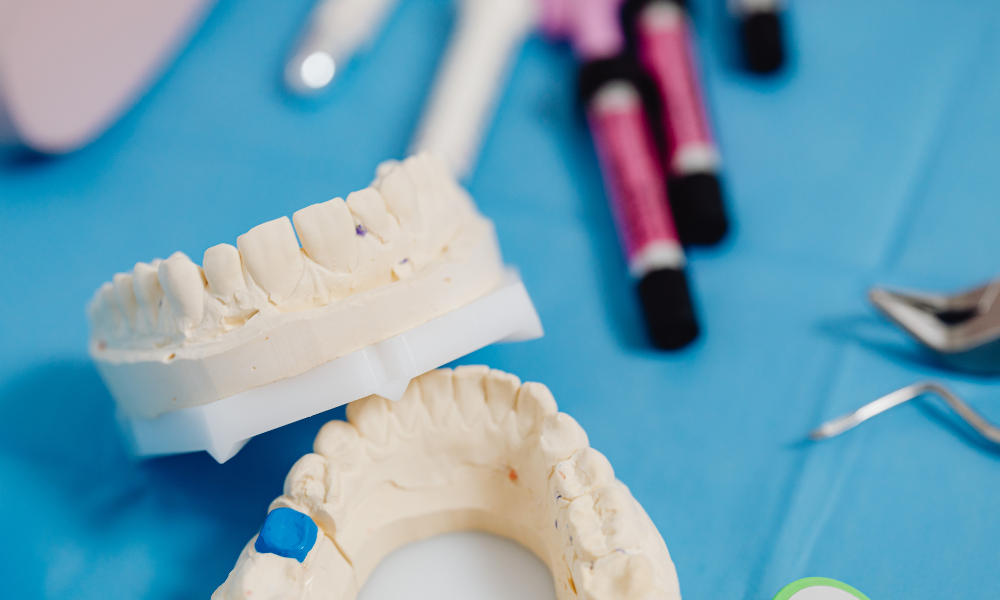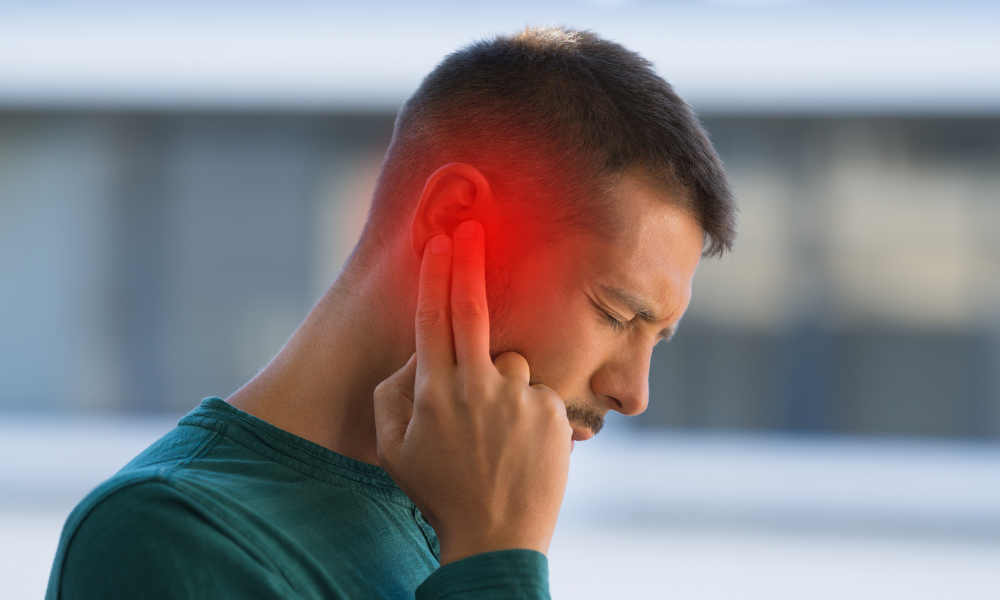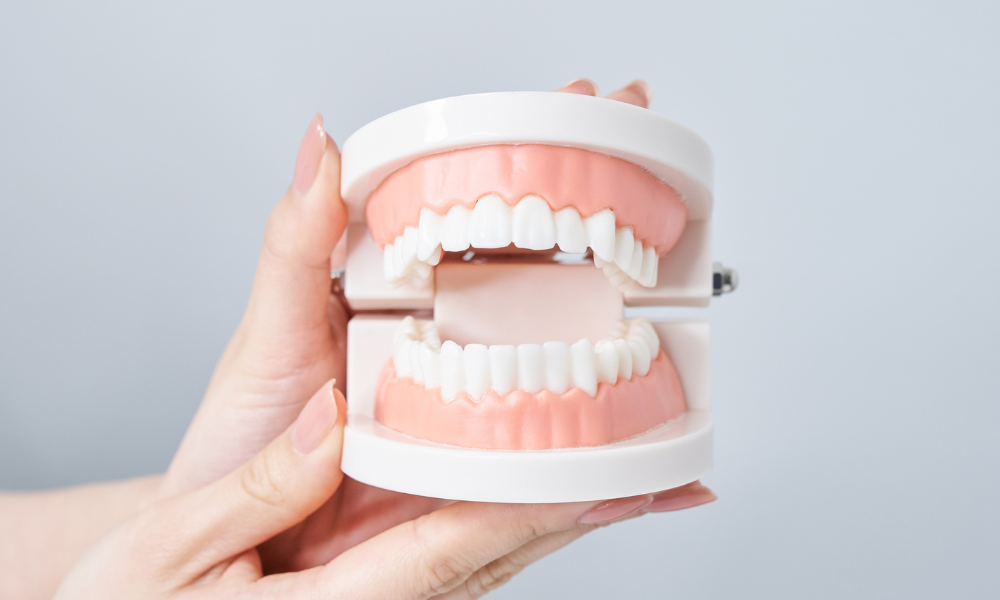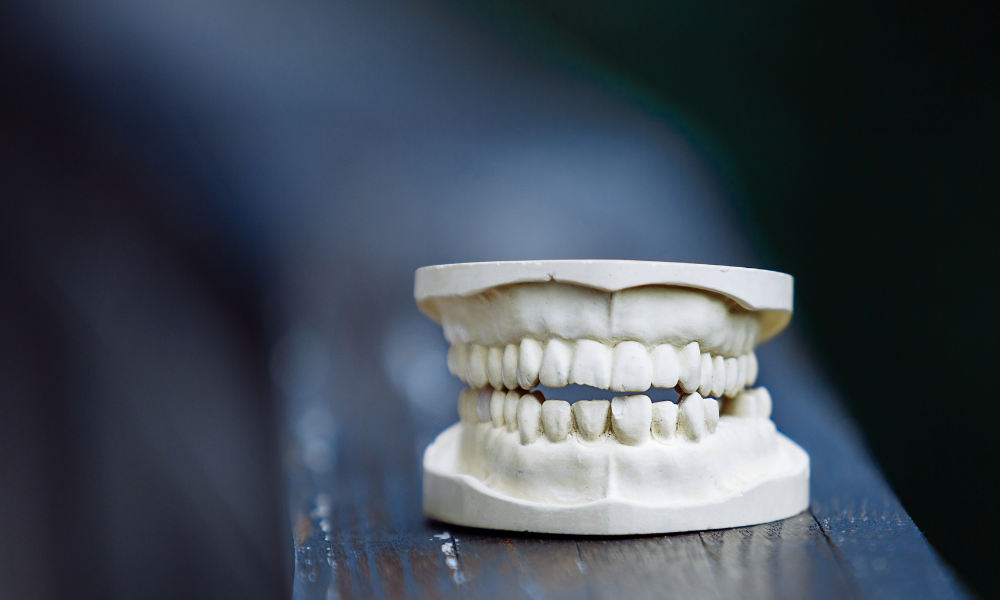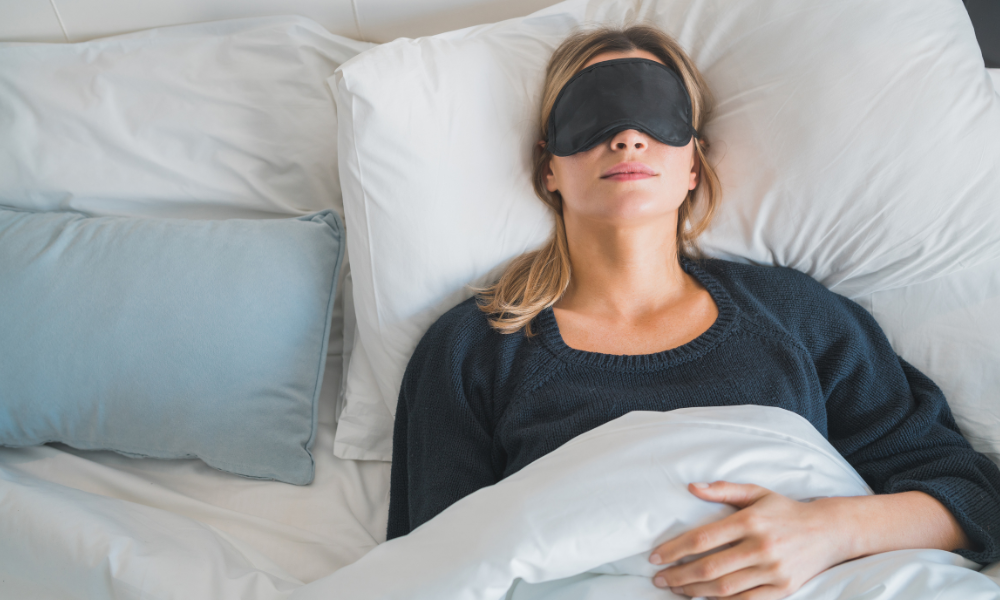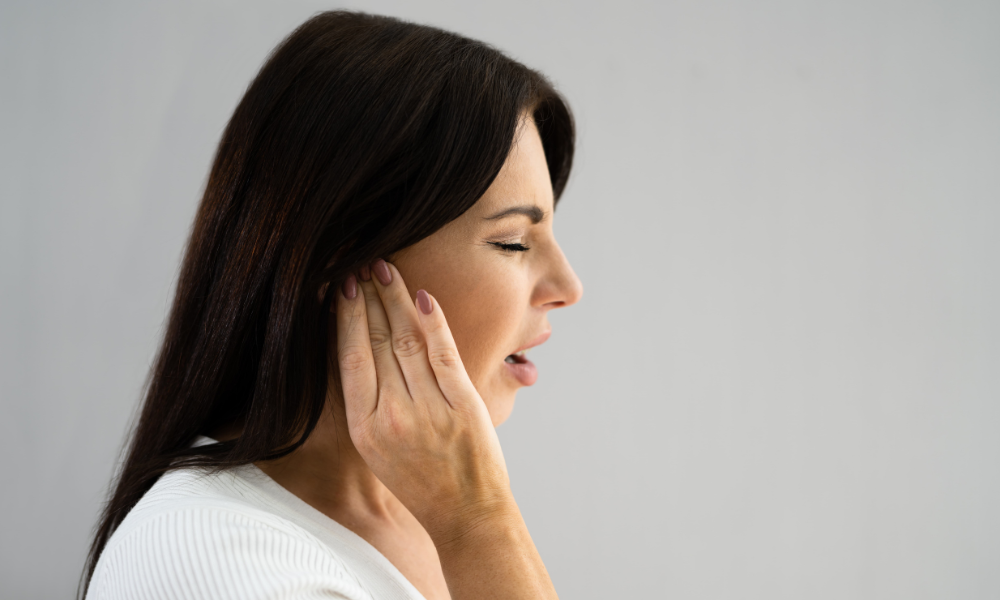
Although distinct in nature, sleep apnea and temporomandibular joint (TMJ) disorders share several symptoms and risk factors that may contribute to the coexistence of these conditions in some individuals. Understanding the connection between sleep apnea and TMJ disorders is vital for recognizing the importance of early diagnosis and effective treatment in addressing both ailments. Comprehensive treatment plans that target the underlying causes of sleep apnea and TMJ disorders can result in improved sleep, reduced pain, and overall enhanced well-being.
In this informative guide, we will delve into the intricate relationship between sleep apnea and TMJ disorders, examining the shared symptoms that may signal the coexistence of these conditions. We will also explore the potential causes and risk factors of both sleep apnea and TMJ disorders and consider how these factors may connect the two conditions. Lastly, we will discuss a variety of treatment options that can help address both sleep apnea and TMJ disorder symptoms, ensuring you have the knowledge necessary to make informed decisions about your treatment journey.
At Columbia Center for Sleep Apnea and TMJ, we devote our efforts to providing exceptional care for patients in Richland, WA, struggling with sleep apnea and TMJ disorders. Dr. Jared Bloxham, the region’s orofacial pain specialist, offers comprehensive treatment approaches, ensuring that you receive personalized care tailored to your specific needs. Armed with a deep understanding of the connection between sleep apnea and TMJ disorders, you can confidently pursue a holistic treatment program that targets the root causes of your conditions, ultimately leading to lasting relief and improved quality of life.
Shared Symptoms: Recognizing the Link between Sleep Apnea and TMJ Disorders
While sleep apnea and TMJ disorders each exhibit unique symptoms, they also share several common signs that may indicate the presence of both conditions. Some of these shared symptoms include:
1. Snoring:
Both sleep apnea and TMJ disorders can contribute to snoring, as airway obstruction can occur due to jaw misalignment or other related factors.
2. Jaw Pain: Patients with sleep apnea may develop TMJ disorders due to excessive jaw clenching or grinding during sleep, leading to discomfort and pain.
3. Sleep Disruption:
Nighttime awakenings, restless sleep, and excessive daytime sleepiness are common symptoms of both sleep apnea and TMJ disorders.
4. Headaches: Morning headaches, as well as tension and migraine headaches, may result from both sleep apnea and TMJ disorders due to muscle tension and disrupted sleep patterns.
Recognizing these shared symptoms can help you identify the presence of both conditions and seek appropriate treatment promptly.
Causes and Risk Factors: Understanding the Connection
Several potential causes and risk factors contribute to the development of sleep apnea and TMJ disorders. Some of these factors may explain the connection between the two conditions:
1. Airway Obstruction:
A misaligned jaw, often present in those with TMJ disorders, can lead to airway obstruction and contribute to the development of sleep apnea.
2. Sleep Position:
Certain sleep positions, such as sleeping on your back, can contribute to both TMJ pain and sleep apnea by allowing the lower jaw to fall back and obstruct the airway.
3. Obesity:
Increased body weight is a contributing factor to both conditions, as excess fat around the neck can strain the jaw joint and obstruct the airway while sleeping.
4. Genetics: Genetic factors may predispose some individuals to develop both sleep apnea and TMJ disorders, as hereditary traits can influence an individual's jaw structure, muscle tension, and risk of developing sleep-related breathing disorders.
By understanding these connecting factors, appropriate treatment plans can be developed to address the root causes of both sleep apnea and TMJ disorders.
Addressing Sleep Apnea and TMJ Disorders with Effective Treatment Options
There are various treatment options available for individuals grappling with sleep apnea and TMJ disorders, some of which may provide relief for both conditions:
1. Oral Appliance Therapy:
Custom-made oral appliances can be used to reposition the lower jaw and maintain an open airway during sleep, alleviating symptoms of both sleep apnea and TMJ disorders.
2. Sleep Position Modifications: Adjusting your sleep position, such as sleeping on your side, can reduce pressure on the jaw joint and ensure proper airway alignment, addressing both conditions.
3. Weight Loss:
Maintaining a healthy weight can relieve pressure on the jaw joint and airway structures, addressing the root causes of sleep apnea and TMJ disorders.
4. Physical Therapy:
Targeted exercises and stretches can improve jaw flexibility, relax facial muscles, and alleviate pain associated with TMJ disorders, in addition to improving neck and throat muscle tone, which can help relieve sleep apnea symptoms.
The Importance of Expert Care in Addressing Sleep Apnea and TMJ Disorders
Seeking expert care from skilled healthcare providers, such as Dr. Bloxham, is essential for accurate diagnosis and treatment of both sleep apnea and TMJ disorders. A comprehensive treatment plan that addresses both conditions will not only improve symptom management but also enhance quality of life.
Conclusion
Recognizing and understanding the connection between sleep apnea and TMJ disorders is crucial for receiving appropriate treatment and managing symptoms effectively. By exploring the shared symptoms, causes, and risk factors of both conditions, patients can better understand their ailments and make informed decisions about their treatment journey. With a focus on personalized care and a comprehensive range of therapeutic options, Columbia Center for Sleep Apnea and TMJ is here to guide you on your path to improved sleep, reduced pain, and a better quality of life. Reach out to our
center for sleep apnea and TMJ in Richland, WA, today and take control of your sleep apnea and TMJ symptoms with a holistic, evidence-based treatment approach.
